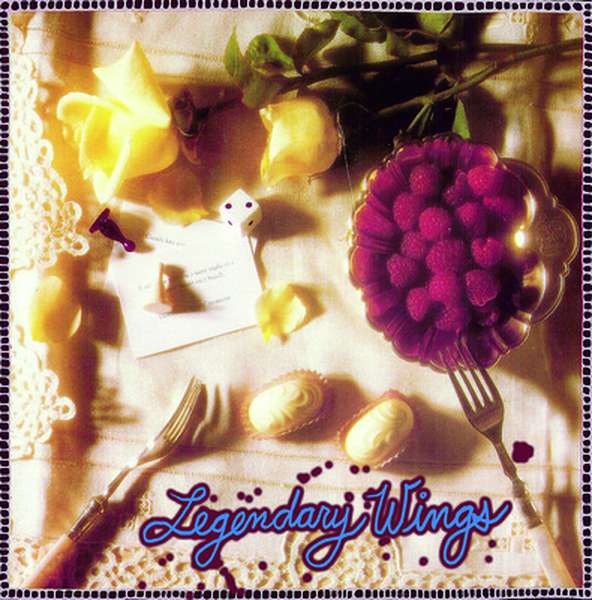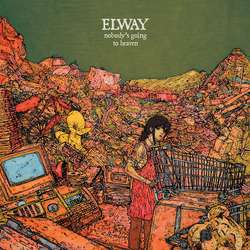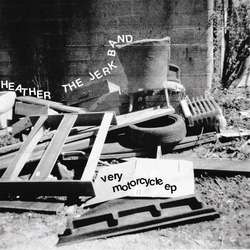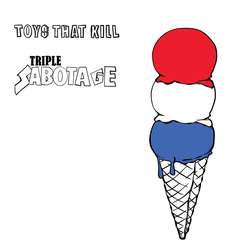Dirtnap Records picked up Kalamazoo, MI’s Legendary Wings based on an unsolicited demo. Seeing that the label gave them a blind shot, why not try it myself? Well, that and the onesheet calls them “Scared of Chaka if they were from Minneapolis.” It’s hard for that not to grab my attention.
Their debut, Making Paper Roses starts out strong with “Nachos,” a keeper and attention grabber that fits the label’s description pretty perfectly, tying in influences from Denton, TX bands and a lot of Midwestern punk. There’s a Mark Ryan influence that pushes the guitars throughout, with pop-punky “Too Far” being a good example, as guitarist/vocalist Scott Terrian plays fast but very melody-based. The song culminates with a big chorus, loud and fast guitar work, and cymbal-heavy drums. “I’m Think I’m Dumb” is another favorite. As the record progresses, it tends to stray from the Midwest punk influence a bit, with a jangly Denton garage-punk and classic pop-punk such as the Ramones taking over as the primary influences. The record has a clangy, cymbal-heavy garage over the top of the poppy core, or just think of it as sloppy pop-punk with something of a dancing beat.
Where it falters is mostly in Terrian’s vocals. His voice itself is fine, but there’s a definite lack of range that doesn’t flow well when the melodies expand. He keeps up just fine when the songs chug along, but when the notes need to be drawn out and varied, he pulls up flat. Starting early, in “Lover,” there are already a few examples. On an early listen, this skips right past without notice—it is just the second track. But, by the time the listener gets 10-12 songs in, the sameness in pitch makes it hard to enjoy the record start to finish. “Paper Roses” is a strong example. The variation in melodies and the crescendo as it develops have the potential to be a standout track, but Terrian is flat on his notes and, instead, it stands out in the wrong way. This is about two-thirds of the way in, and the record limps instead of pulling ahead.
While the sound clips create a little distinction between songs, they feel a little interruptive, and don’t do much to help the flow. In fact, when it gets to “Time” (song 9 of 16), it feels like the sound sample is more interesting than the song itself—definitely not what the band is going for. “Time” has a nice walking bassline, some soft backing “oohs,” and extra use of the bass drums, but ultimately things are already running together at this point and it takes an extra effort to focus on those distinctions.
There’s definite promise in Making Paper Roses, but I’d like to see growth in the band’s songwriting, creating more distinction between songs and mixing up the vocal pitch before investing time in a sixteen-song record. The first half is incredibly solid, but it just runs out of gas.





